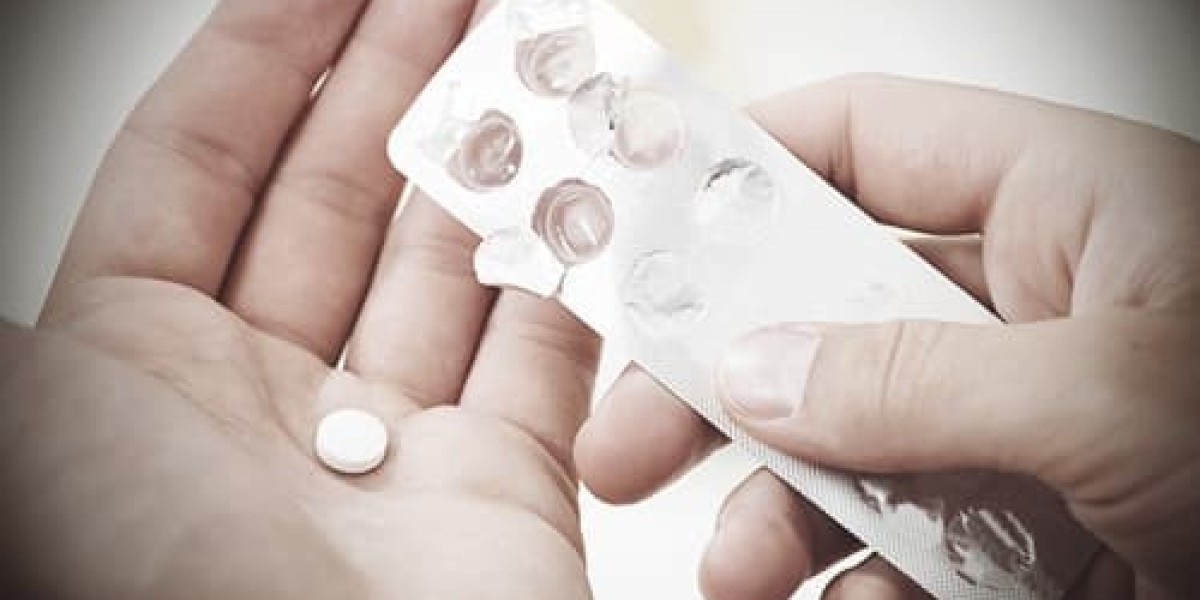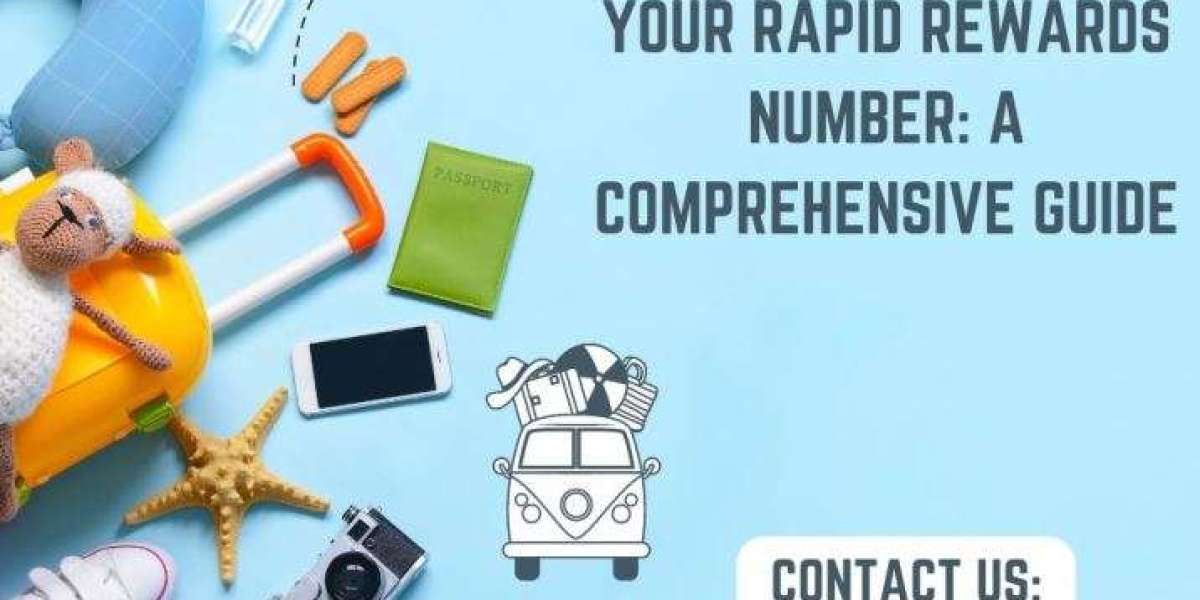If you or a loved one has a history of Klonopin abuse or addiction, you might want to learn more about the drug's effects on the brain chemistry and how to recover. The effects of Klonopin include euphoria, anxiety, and paralysis, which can be unsettling for the sufferer. Treatment for Klonopin addiction is available and most insurance companies cover the costs.
Treatment options
Behavioral therapy is one of the most common types of treatment for Klonopin addiction. It involves teaching patients techniques for positive thinking and action. The aim of CBT is to replace the patient's desire for drug use with motivation to maintain positive behavior. Patients may attend an outpatient or inpatient treatment program. Behavioral therapy is most effective when it involves addressing the underlying mental disorder that causes the addiction.
Withdrawal from benzodiazepines like Klonopin can be dangerous. Withdrawal from benzodiazepines can result in seizures and psychosis. To safely withdraw from Klonopin, treatment centers offer medical detoxification. They can also provide other support, including 12-step programs and peer support groups. A combination of medical detox and programs reduces the risk of relapse to a significant degree.
Effects on brain chemistry
A drug called Klonopin works on the central nervous system by slowing nerve cell activity and increasing GABA levels. Because it alters the brain's chemistry, it causes a body to adapt. In the short term, the nervous system is not harmed by using benzodiazepines, but high doses can cause changes in the brain's chemical messaging system. This can lead to dangerous withdrawal symptoms.
If you've been taking Klonopin for long periods of time, you've probably noticed side effects like increased impulsivity and irritability. You may also experience hostility and aggression. There have even been reports of violent outbursts. If you're a frequent user, the withdrawal symptoms are a major setback. You'll likely reach for the next dose to stave off the symptoms. Fortunately, Klonopin withdrawal treatments are available. To sign up, you'll receive 24-hour support and access to a counselor. The program is confidential and there's no obligation to continue using Klonopin after the program ends.
Symptoms of addiction
Using Klonopin regularly can lead to negative consequences. These include persistent cravings for the drug, both physical and psychological. Those who abuse Klonopin may find it difficult to reduce their use or even stop completely. They may also experience other problems related to the drug, including losing interest in activities they once enjoyed. These symptoms of Klonopin addiction should not be overlooked. There are many treatment options available for people suffering from Klonopin addiction.
While withdrawal symptoms are mild for most people, they are life-threatening if the drug has been abused for more than a month. While Klonopin withdrawal symptoms typically last for a few days, the most intense ones can be life-threatening. In order to treat Klonopin addiction, you must seek medical help. Pine Tree Recovery Center offers a medically monitored detox. We use innovative and proven techniques to help people overcome their addiction to Klonopin.
Relapse prevention
Relapse prevention for Klonopin abuse or addiction involves making a few lifestyle changes. Getting enough sleep every night is vital. Go to bed at the same time each day and keep your bedroom cool and free from distractions. Try to avoid electronics and smoking. Eating right and staying active will improve your mood and energy levels and will decrease cravings for Klonopin. A good diet also helps your body heal from addiction.
Choosing an effective treatment for Klonopin addiction requires identifying the best treatment option for the patient's needs and circumstances. Individual and group therapy are crucial parts of the recovery process. Aftercare programs may include 12-step meetings and peer support. If you cannot afford an inpatient facility, consider going to an outpatient facility to recover. Outpatient treatment can help you focus on the recovery process, without the pressures of everyday life.








